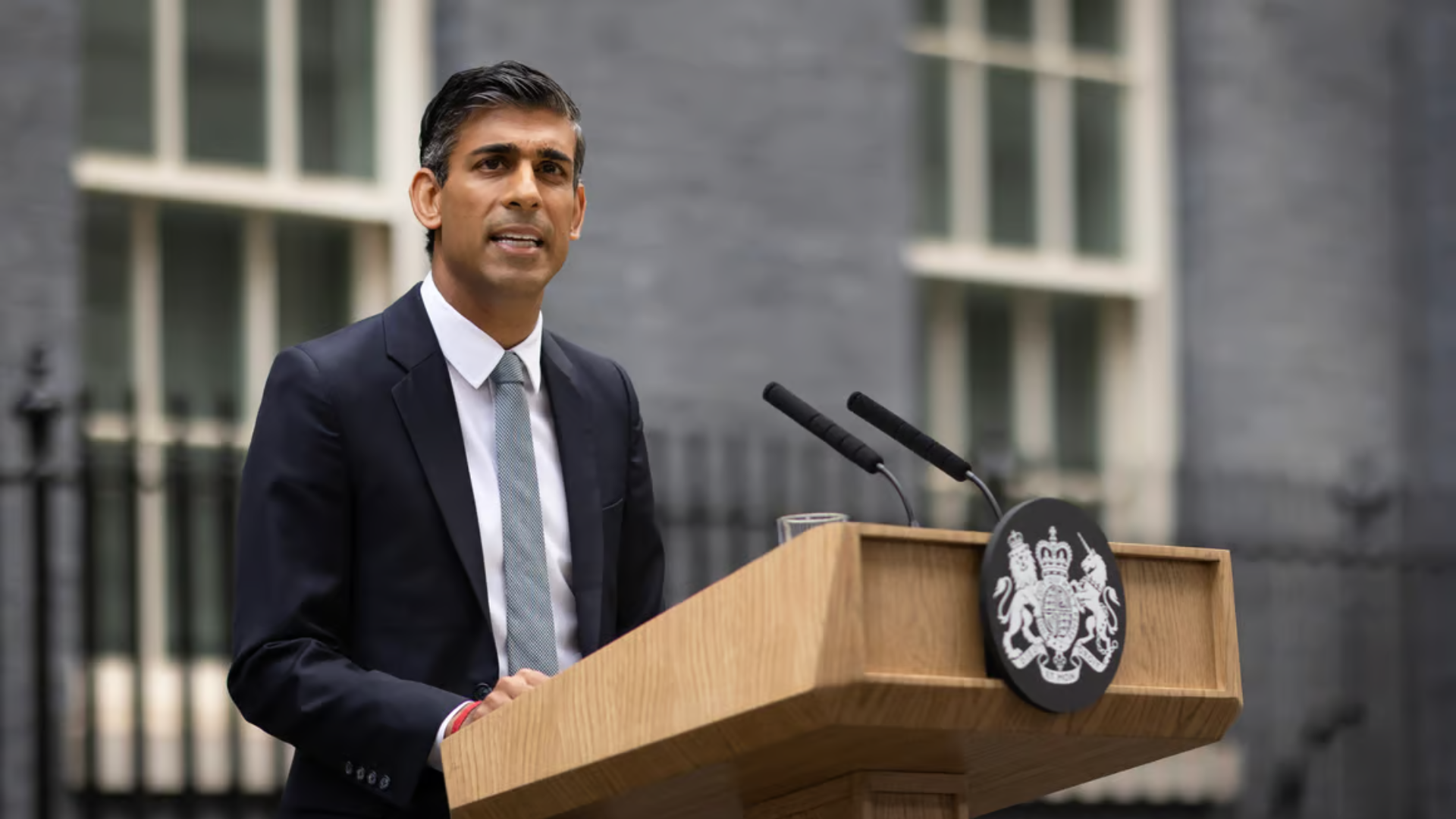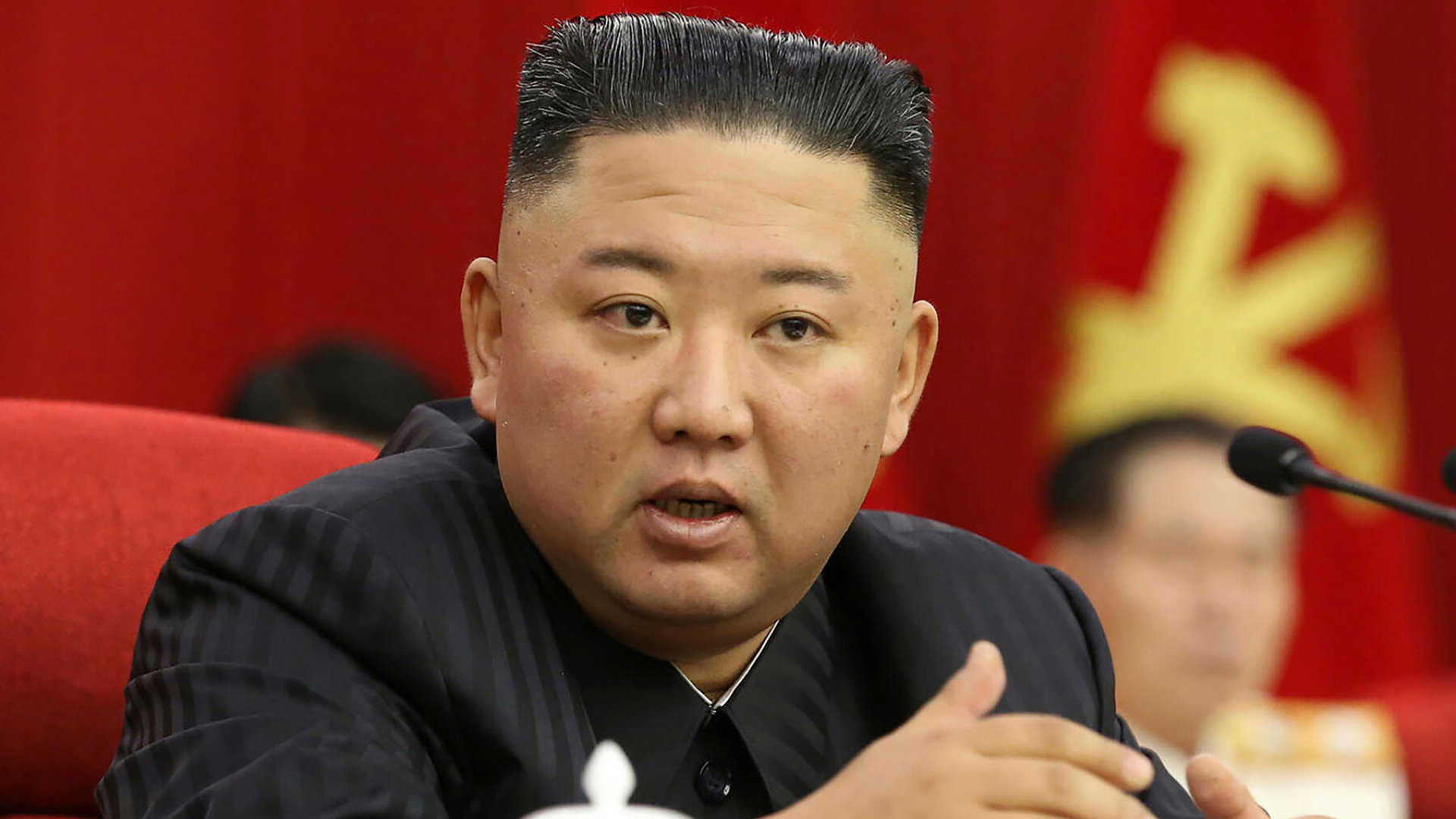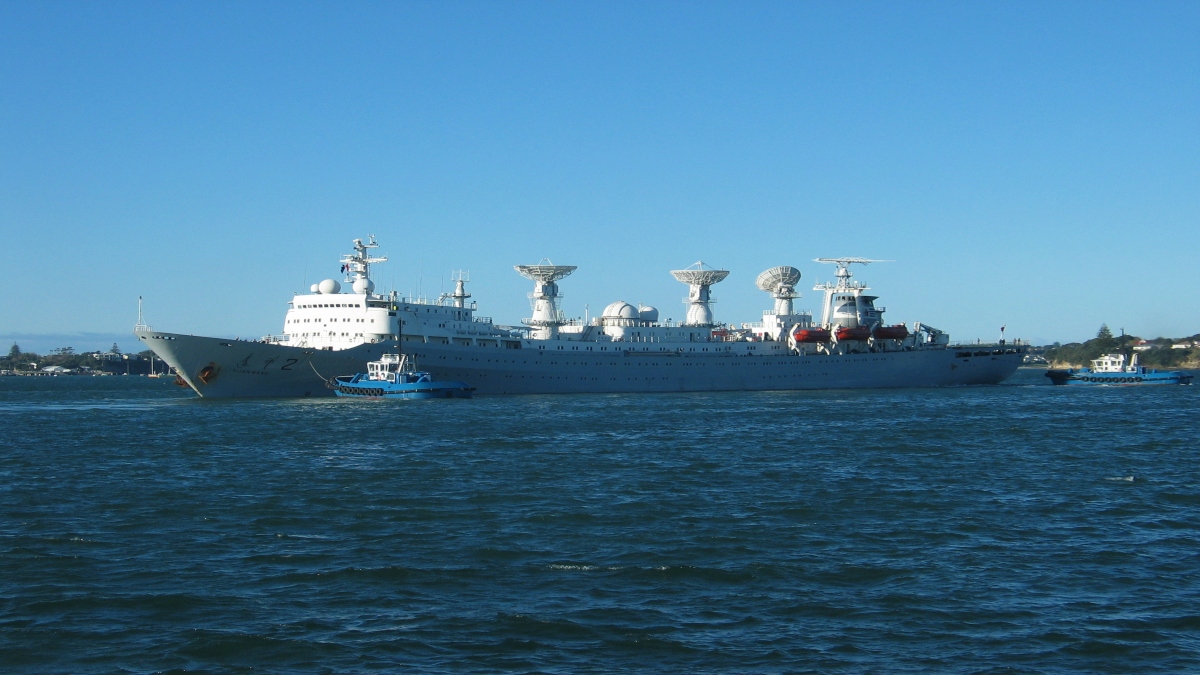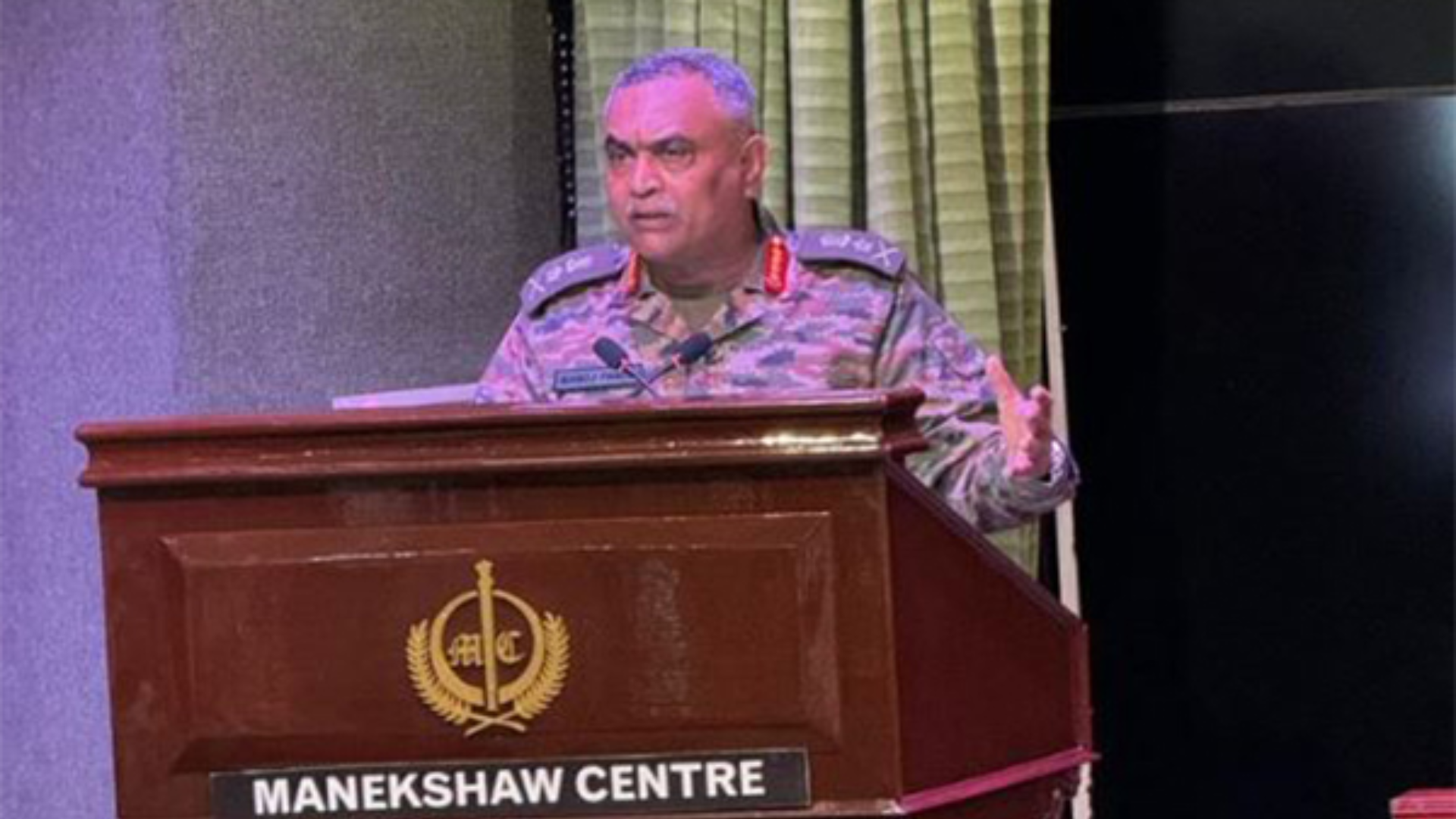










After a contentious six-day visit, a high-tech Chinese research ship that had landed at the crucial Hambantota port left the Sri Lankan seas on Monday.
Originally slated to arrive at the Chinese-run port on August 11, the ballistic missile and satellite surveillance ship “Yuan Wang 5” was delayed because Sri Lankan officials refused to provide clearance due to security concerns voiced by India.
At 8:20 a.m. local time on August 16, the Chinese ship docked at the port of Hambantota in southern Sri Lanka. To refuel, it docked there.
According to local harbour master Nirmal Silva, the ship departed the port around 4 p.m. local time.
Jiang Yin port in China will be its next port of call, according to authorities.
The Hambantota port authorities stated that no staff rotation occurred during the call as was previously planned. During the ship’s visit, Sri Lanka gave the Chinese embassy the support they need.
Due to India’s worries, Sri Lanka has requested that China postpone the visit. Colombo granted the vessel port access from August 16 to August 22 on August 13 with the stipulation that it maintains an active Automatic Identification System (AIS) inside Sri Lanka’s Exclusive Economic Zone and refrain from conducting any scientific research within Sri Lankan seas.
According to Sri Lanka, the Ministry of Defence gave the warship permission to come for replenishment within the predetermined time.
It stated that there would be no staff rotation during the port call and that the Chinese Embassy in Colombo had asked the Sri Lankan authorities to give the required support.
The Sri Lankan Foreign Ministry stated earlier this month that security and collaboration in the neighbourhood are of the highest importance while resolving the situation with the Chinese vessel Wang Yang 5.
For the use of frequencies and communication equipment under a non-interference and non-protection basis, the local telecoms regulatory body has issued a No Objection Letter.
In New Delhi, there were worries that the ship’s tracking devices may try to eavesdrop on Indian defence facilities as it was en route to the port in Sri Lanka.
The US Defense Department claims that the ship is commanded by China’s People’s Liberation Army (PLA) and is capable of tracking satellites and missile launches, despite China’s claims that it is employed for scientific research.
Following Colombo’s failure to make payments on debts associated with the facility’s development, China 2017 leased the port from Sri Lanka for 99 years, which raised questions about the ship’s arrival in the Hambantota port.
Given that the cash-strapped Sri Lankan government is requesting an early bailout from the International Monetary Fund, Colombo’s approval of the docking of the Chinese research vessel was important (IMF).
China is Sri Lanka’s largest creditor and is crucial to Sri Lanka’s efforts to restructure its debt to obtain an IMF bailout.
Read more: China strengthens influence in Iraq over trade in oil and infrastructure










